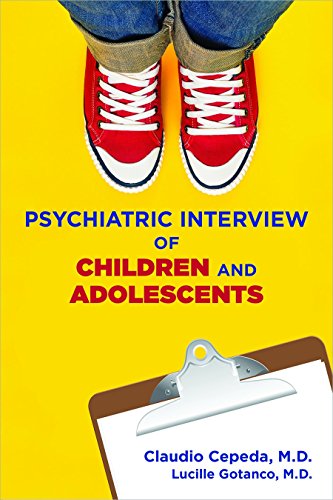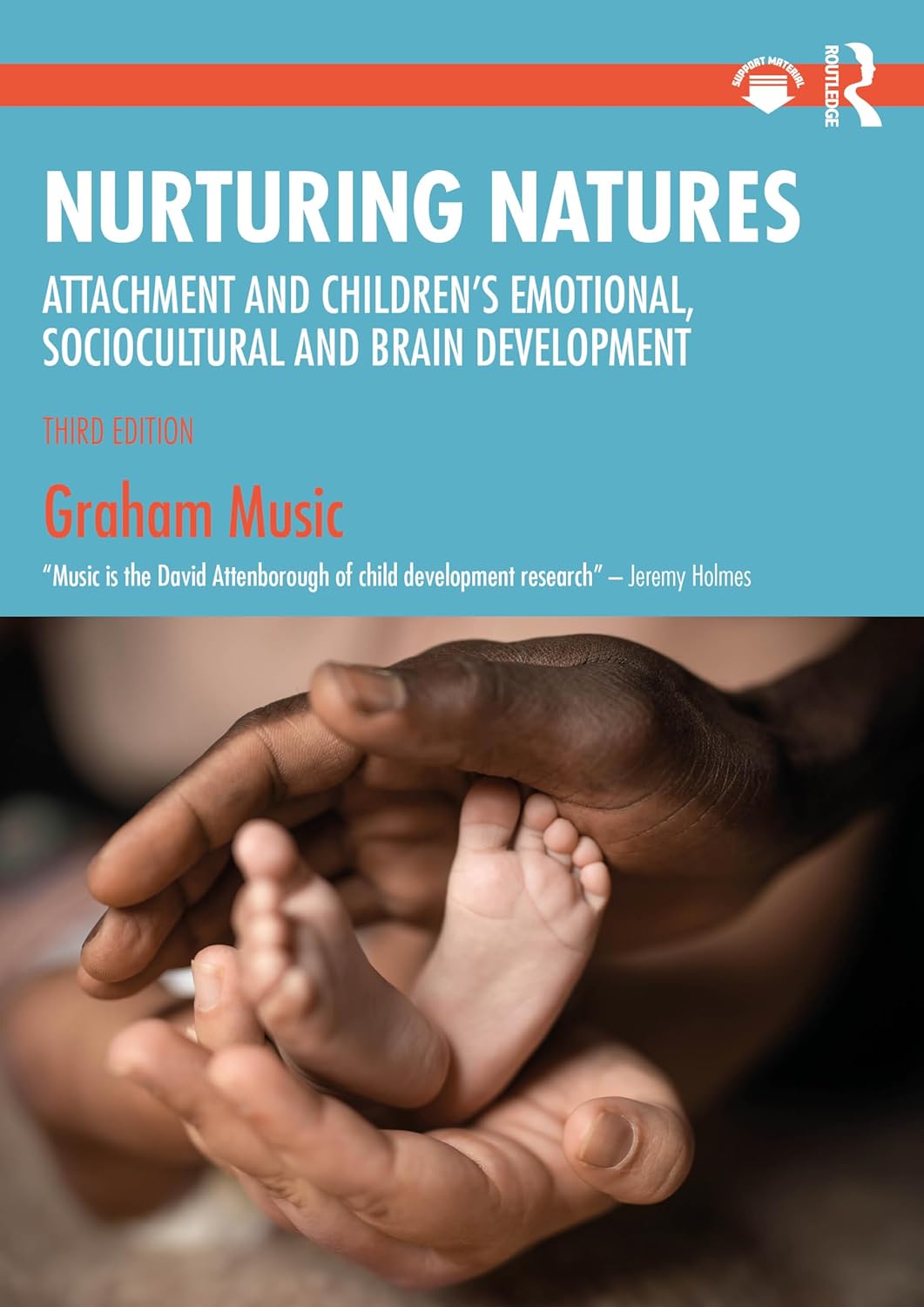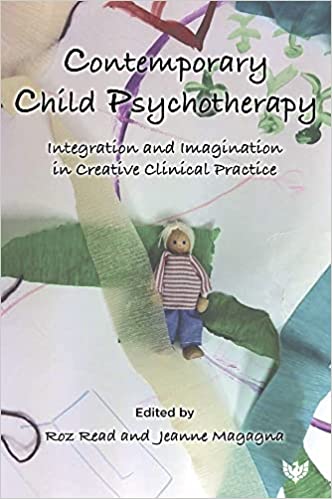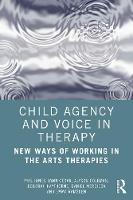Clinical Manual for the Psychiatric Interview of Children and Adolescents
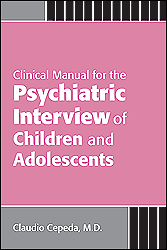
Book Details
- Publisher : American Psychiatric Publishing
- Published : January 2009
- Cover : Paperback
- Pages : 476
- Category :
Child and Adolescent Studies - Category 2 :
Clinical Psychology - Catalogue No : 29170
- ISBN 13 : 9781585623433
- ISBN 10 : 1585623431
Also by Claudio Cepeda
Free UK Delivery over £25
There are currently no reviews
Be the first to review
Because of the importance of the interview in assessing behavioral disorders of childhood, practitioners need to refine the techniques they normally use with adults. This book offers a comprehensive and practical guide to the child and adolescent psychiatric interview, providing an outline of how first to elicit data from younger patients and their families, then how to organize and integrate this information to form a definitive program of care. It shows how to focus the exploration of common psychiatric syndromes while offering guidance in such matters as general principles of interviewing, use of the AMSIT in mental status examinations, and evaluation of both internalizing and externalizing symptoms. The manual is exceptionally practical, illustrated with clinical vignettes and enhanced with quick-reference tables that summarize key points. In addition to covering the psychiatric evaluation, it also brings users up to speed on such topics as neuropsychiatric assessment, psychiatric formulation, comorbidities, resistances, and countertransference.
Reviews and Endorsements
It expands greatly on the coverage in the authors previous book, Concise Guide to the Psychiatric Interview of Children and Adolescents, and features five new chapters. Diagnostic and Therapeutic Engagement, showing how to achieve a positive and benevolent bond with both child and family through such traits as warmth, acceptance, humor, and empathic attunement, as well as how to respond to reverse engagement. Special Interviewing Techniques, helping examiners confront circumstances in which standard approaches are ineffective through such methods as role reversal, the double-chair technique, and the use of drawings to illuminate the childs issues. Family Assessment, presenting areas of inquiry such as marital or intergenerational conflict that need to be understood in order to gain a broad perspective of the family's organization and functioning. Providing Post evaluation Feedback to Families, emphasizing the importance of tact and sensitivity while helping the practitioner anticipate complications posed by situations such as divorce or abuse. Evaluation of Special Populations, alerting the examiner to relevant approaches when confronted with situations ranging from burn trauma to sensory deficits to displaced or refugee children.
Customer Reviews
Our customers have not yet reviewed this title. Be the first add your own review for this title.
You may also like
The Making of Them: The British Attitude to Children and the Boarding School...
Nick Duffell
Price £20.00
Nurturing Natures: Attachment and Children's Emotional, Sociocultural and Brain...
Graham Music
Price £34.99
Contemporary Child Psychotherapy: Integration and Imagination in Creative...
Roz Read
Price £35.99
save £4.00
Child Agency and Voice in Therapy: New Ways of Working in the Arts Therapies
Phil Jones
Price £24.99


